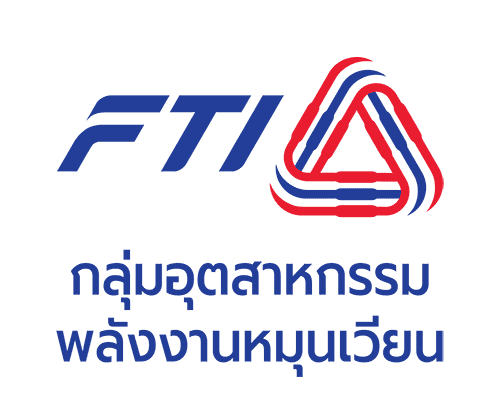
The Maryland Energy Administration (MEA) announced awardees of the first Resilient Maryland program. The pilot project aims to drive economic growth through innovative clean energy technology, enabling essential services, businesses and other organizations to resist power disruptions and outages. The total of 14 grant applications was awarded $1.05 million in funding.
Energy resiliency has taken center stage in the increasing global threats to grid integrity and severe storms, which can cause extended power outages. The goal of the program is to provide the state with replicable, scalable and cost-effective solutions that serve as models for wide-scale adoption.
Award winners include projects from across the state that address groups from low-to-moderate income communities and critical infrastructure facilities to commercial projects and government facilities. These projects aim to address essential infrastructure needs that will bring lasting benefit to the state. A few award winners are:
Frostburg State University received $100,000 and will partner with energy system planning and design firm, Optimize Renewables (OR) to engineer a campus-scale microgrid to serve the university and local community. The microgrid will bolster campus energy resilience, further sustainability goals and provide students with real world job training.
Smart Electric Power Alliance (SEPA) is a nonprofit that helps electric utilities implement and deploy clean energy and distributed resources. SEPA will use their grant of $99,725 to join forces with Baltimore Gas & Electric Company, City of Annapolis and Gabel Associates to plan and design a community-scale microgrid for the Newtowne Twenty multifamily housing community in Annapolis, as a result of the community’s recent revitalization and implementation of a clean energy microgrid solution.
Groundswell, Inc. is a nonprofit dedicated to expanding solar power to marginalized communities via community solar projects. Using their $300,000 grant, Groundswell and the City of Baltimore aim to plan and design multiple community resiliency hubs throughout the city’s most vulnerable communities. This will provide a centralized, trusted community location where members can access reliable power, receive information as emergency situations develop, store medications sensitive to temperature and safely congregate until proper emergency response services arrive.
“By funding vital infrastructure projects, Resilient Maryland will support our state’s clean energy future while securing affordable, reliable energy for Marylanders who need it most,” said Governor Larry Hogan.
“The Resilient Maryland pilot offers a unique opportunity for innovation in Maryland across a variety of clean energy alternatives, reducing both financial risk and total project costs,” explained MEA Director Mary Beth Tung.
Source : renewableenergyworld.com
